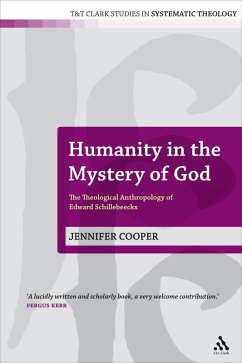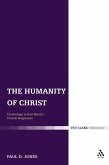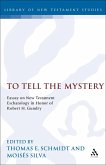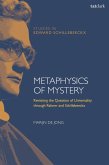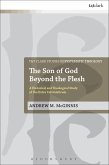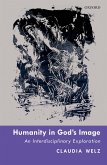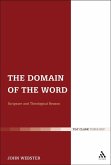Schillebeeckx's theology is a reflection on the nature of God who is both creator and redeemer: his theology is a 'treatise' on the God who is God for humanity. This means of course that his theology is always both a reflection on the nature of God and on the meaning of humanity; and hence there is a theological anthropology at the centre of his whole theological enterprise. The 'definition' of humanity is given in the relationship between the mystery of God - the God who is both transcendent and immanent - and the mystery of humanity. For Schillebeeckx, the meaning of humanity is revealed and established in the mystery of God as a vocation to intimacy with God. This intimacy is described both as a dependence upon God and as a situated freedom, and hence the description of humanity which emerges from Schillebeeckx's treatise on God holds together humanity's metaphysical and moral significance.
At the heart of this theocentric anthropology is its christological structure. Schillebeeckx develops a sacramental christology in light of his interpretation of Christ's incarnation. The relation of incarnation to the death, resurrection and glorification of Christ establishes a sacramental theological anthropology. The meaning of humanity is given in its creative, salvific, sanctifying, participative and personal relation to the God who is God both of creation and of covenant. This book develops an interpretation of Schillebeeckx's theological anthropology by analysing his theology of revelation and grace, and by examining the christological structure of his theology. This christology centres on an interpretation of the incarnation in which the fully personal nature of Christ's humanity is key. This christology establishes the sacramental nature of humanity and hence Schillebeeckx's description of the meaning of human nature is also a theological description of the meaning of human action.
At the heart of this theocentric anthropology is its christological structure. Schillebeeckx develops a sacramental christology in light of his interpretation of Christ's incarnation. The relation of incarnation to the death, resurrection and glorification of Christ establishes a sacramental theological anthropology. The meaning of humanity is given in its creative, salvific, sanctifying, participative and personal relation to the God who is God both of creation and of covenant. This book develops an interpretation of Schillebeeckx's theological anthropology by analysing his theology of revelation and grace, and by examining the christological structure of his theology. This christology centres on an interpretation of the incarnation in which the fully personal nature of Christ's humanity is key. This christology establishes the sacramental nature of humanity and hence Schillebeeckx's description of the meaning of human nature is also a theological description of the meaning of human action.

